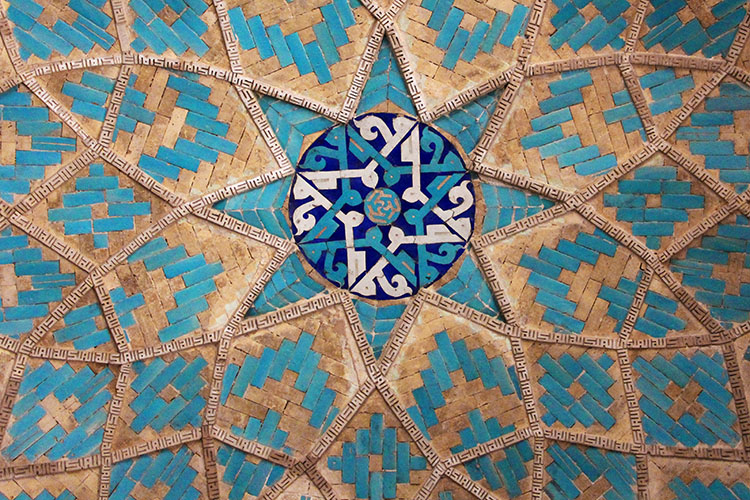Islam
Islamic theology as a discipline
Islam teaches submission to the One God, Who spoke to prophets throughout human history, culminating in the revelation of the Qur’an to the Prophet Muhammad, the Seal of prophethood. Set against this backdrop, ‘Islamic theology’ has often been associated with kalām (literally: speech, discourse), an Arabic term signifying the formalized, systematic, and rational presentation of Islamic doctrine in the discursive language of the common Mediterranean philosophical tradition. Kalām first emerged during the second century AH/eighth century CE amidst early interreligious dialogue as a means of defending core Islamic beliefs, including Divine Unicity (tawḥīd), prophecy (nubuwwa), the Qur’an as the Word of God, and Muhammad as Seal of the Prophets.
Islam’s emphasis on tawḥīd prompts Muslim intellectuals to draw connections between kalām and other, seemingly disparate, fields of knowledge, examining ostensibly discrete religious issues across different subject areas, including falsafa (philosophy), taṣawwuf (mysticism), fiqh (jurisprudence), and other Islamic disciplines of learning. This ‘interdisciplinary’ approach to the nature of ultimate things is both reflective and demonstrative of divine nature, revealing God’s unifying presence within all things.
Islamic theology in the Encyclopaedia
The St Andrews Encyclopaedia of Theology’s dedication to a rigorously emic approach to theology places this multivalent conceptualization at the heart of its Islam section. Rather than promulgating a narrow sense of theological enquiry, limited to traditional kalām schools of thought, the SAET endeavours to reflect Islamic theology in its widest possible sense, including a variegated collection of knowledge categories arranged around diverse epistemological, metaphysical, and juristic commitments. In this spirit of inclusivity, the Encyclopaedia also seeks to recognize the full breadth of Islamic thought by incorporating a broad range of contextual perspectives from across the Muslim world and from throughout the religion’s long development.
Contributions
The Islam section of the St Andrews Encyclopaedia of Theology seeks conceptually focused, yet historically informed articles characterized by clarity, compendiousness, and a rigorous engagement with up-to-date scholarship. The editors encourage leading and emerging scholars to serve as authors, reviewers, and advisors.
All inquiries are welcome and may be directed to Dr Alexander Wain (adrw1@st-andrews.ac.uk) or encyclopaedia@st-andrews.ac.uk.
